U.S. President Donald Trump’s Middle East envoy Steve Witkoff will meet Iranian officials for the third straight week, the State Department said Thursday, as the adversaries seek a deal on Tehran’s nuclear program.
Witkoff, a businessman friend of Trump who has become his globe-trotting negotiator, last met Foreign Minister Abbas Araghchi on Saturday in Rome, where they reported progress and called for talks among technical teams.
The State Department announced that Witkoff would himself attend the technical talks to take place on Saturday in Oman – where he held his first meeting with Araghchi on April 12.
The Trump administration is pushing Tehran to scale back its nuclear program to ensure it can never make the jump to building nuclear bombs. It has warned of a risk of war with the U.S. or Israel if Iran refuses. Tehran says its program is for civilian uses only.
“The next round of talks will take place in Oman on Saturday, and will be the first meeting of technical teams,” State Department spokesperson Tammy Bruce told reporters.
“Special Envoy Witkoff also will be present,” she said.
She said that Michael Anton, who serves as the State Department head of policy planning, will lead technical work on the U.S. side.
Critics have questioned whether the administration has given nuclear experts a big enough role in the talks.
Anton is a conservative scholar known more for his strong criticism of immigration into the United States than for his technical expertise on nuclear issues.
Witkoff, who had no diplomatic experience before being tapped by Trump, quickly immersed himself in efforts to secure a cease-fire in Gaza, which has since collapsed with Israel’s renewed offensive.
He is also seeking to end the Ukraine war and is expected to meet Friday in Russia with President Vladimir Putin.
Iran seeks Europe talks
In 2018, Trump tore up an earlier nuclear deal negotiated under then-president Barack Obama and reimposed sweeping sanctions.
But since returning to office, he has vowed to seek diplomacy and has discouraged Israel from carrying out a military strike on the nation it considers its arch-enemy.
Araghchi said Thursday he was open to traveling to Germany, France and Britain – U.S. allies that were part of the 2015 nuclear deal and unsuccessfully sought to stop Trump from pulling out in his first term.
Araghchi, in a post on social media platform X, said he was open to discussing “not only on the nuclear issue, but in each and every other area of mutual interest and concern.”
In an allusion to European powers’ growing hawkishness on Iran since the first Trump term and to Israeli pressure, Araghchi said that Britain, France and Germany “have an opportunity to do away with the grip of Special Interest groups and forge a different path.”
Araghchi on Wednesday held talks in China and last week visited Russia.
French Foreign Ministry spokesperson Christophe Lemoine told Agence France-Presse (AFP) that Paris would wait and see “if this announcement by the Iranian minister is followed by effects.”
He added that France “will very willingly continue to dialogue with the Iranians” on the nuclear subject.
Germany and Britain did not immediately comment.
Snapback
Following Washington’s withdrawal from the deal, Tehran stuck to the agreement for a year before scaling back its compliance, increasing its enrichment of uranium to up to 60% – far above the 3.67% ceiling set by the deal, but short of the 90% required for a bomb.
In December, the three European countries warned of the possibility of triggering the so-called “snapback” mechanism under the 2015 accord if Iran continued to develop its nuclear program.
If triggered, the mechanism would automatically reinstate U.N. sanctions on Iran over its non-compliance. The option to activate it expires in October.
U.S. Secretary of State Marco Rubio has urged European countries to decide whether to use the option.
Iran has previously warned it could withdraw from the nuclear Non-Proliferation Treaty if the mechanism were triggered.

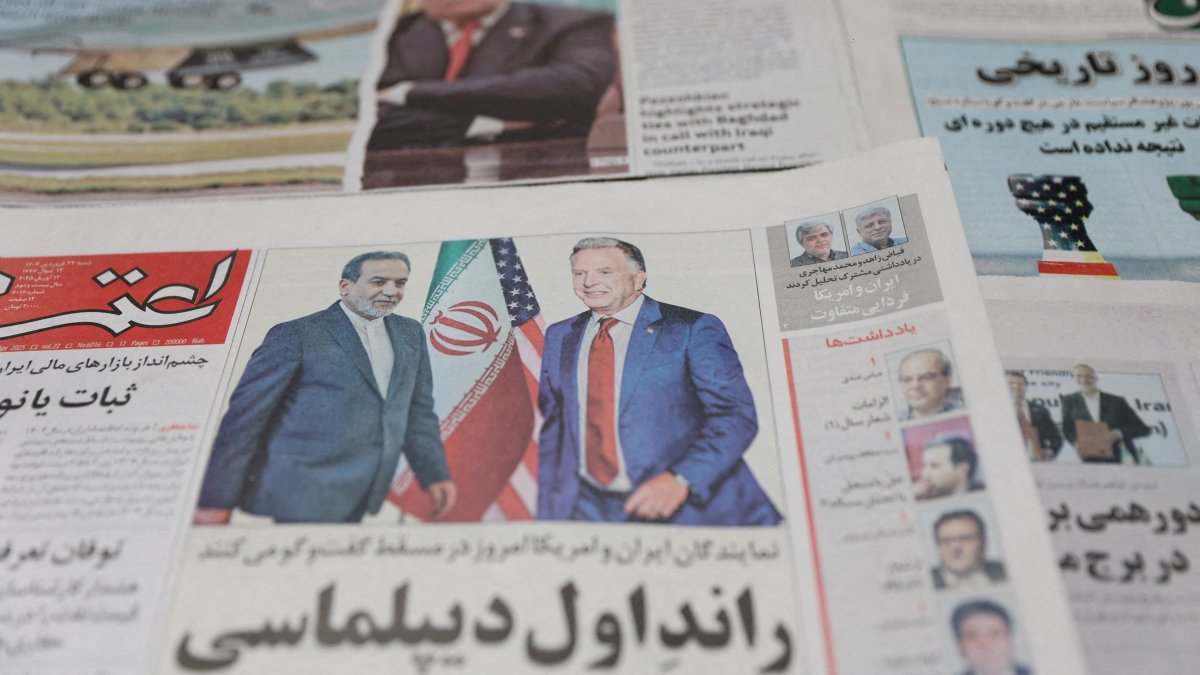






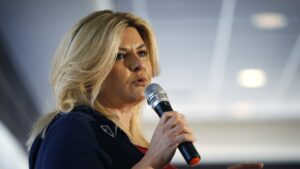

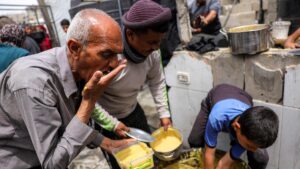
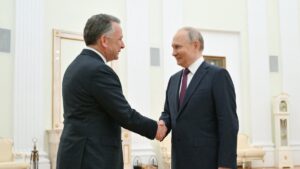
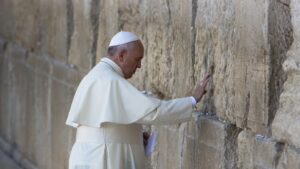
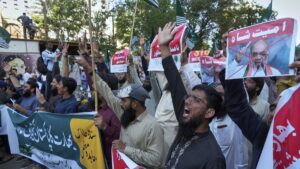


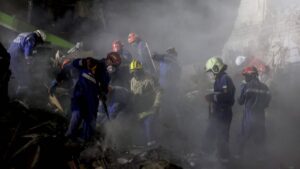

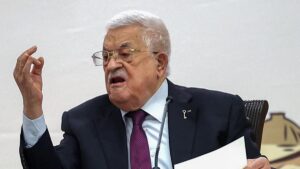

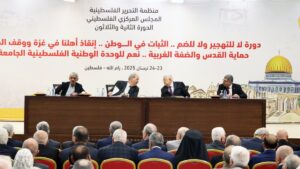


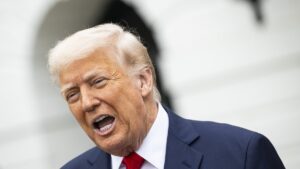


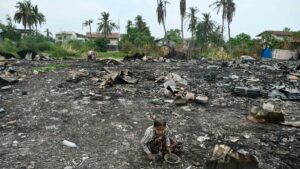
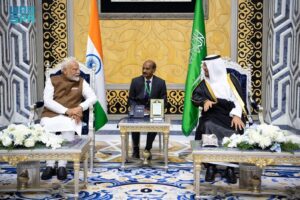

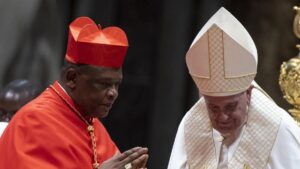
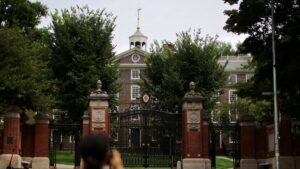

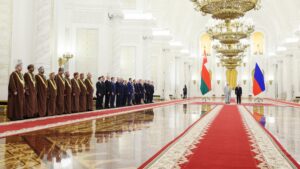


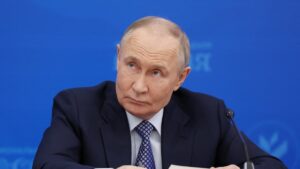

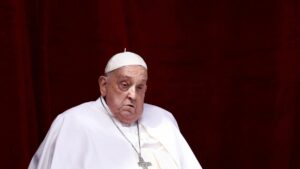




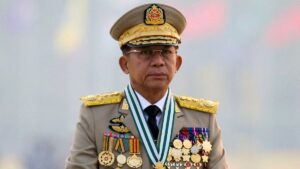

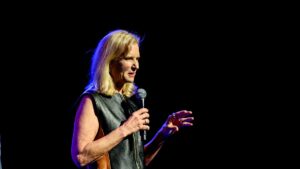



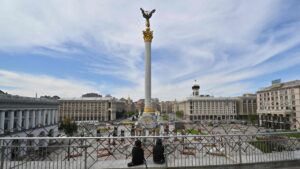



Be First to Comment